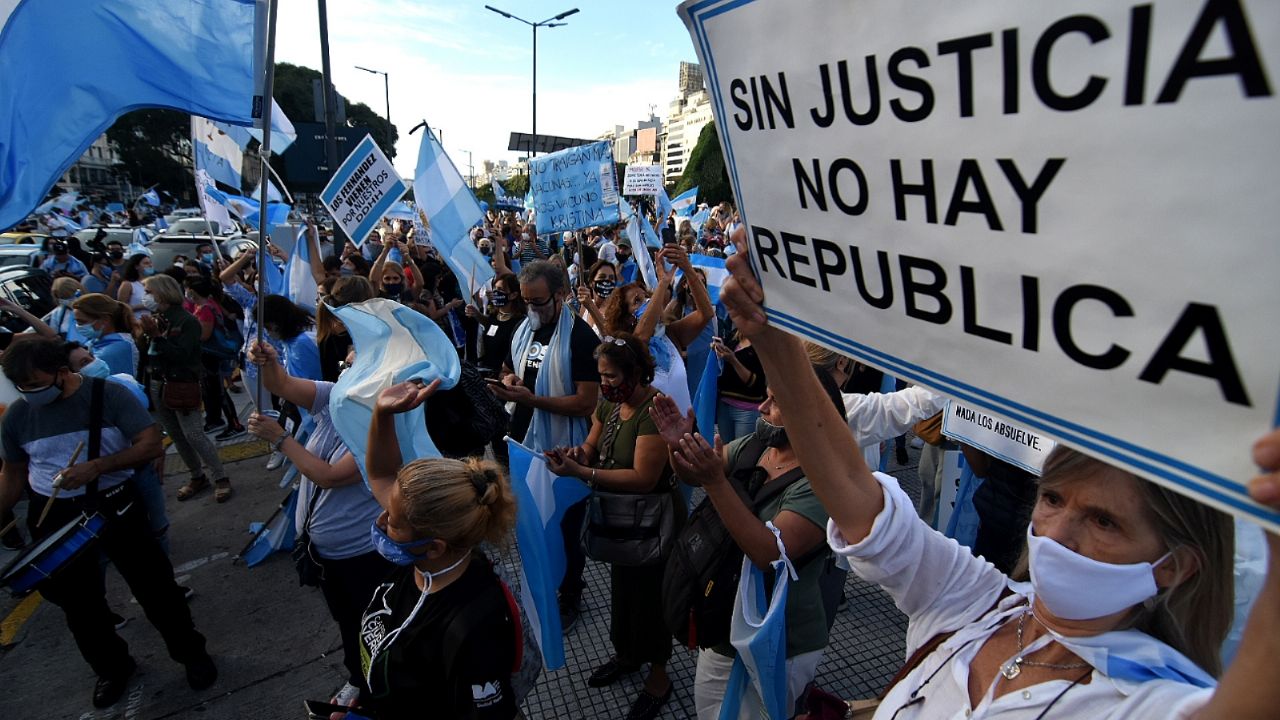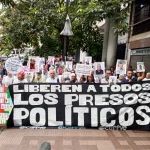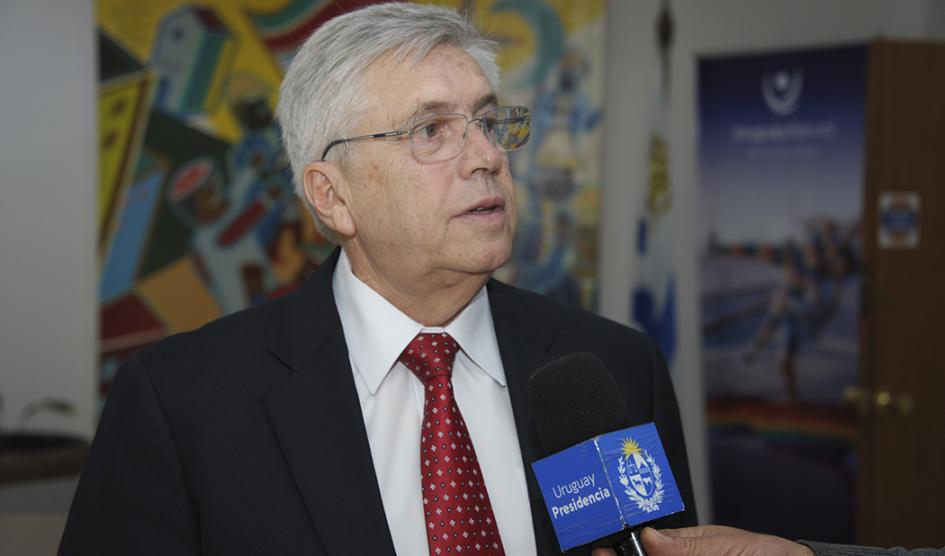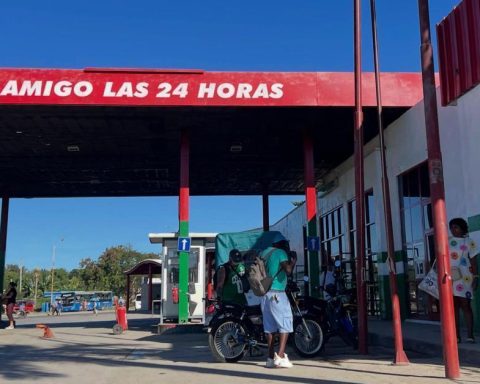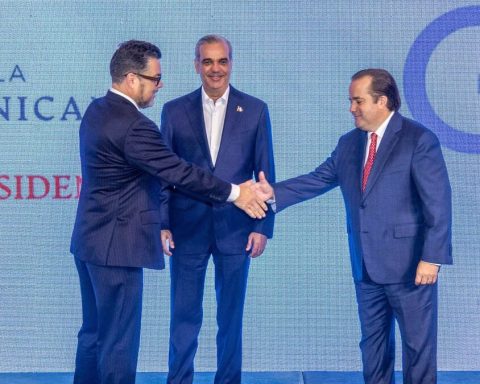Transparency International (TI), an organization that annually measures the performance of countries in the fight against corruptionyielded the data corresponding to 2022, where our country maintained its number of points (38/100) compared to the previous year, rising two places in the ranking of least institutional transparency.
The Perception Index of the Corruption (from TI) placed Argentina in position 94 among the 180 most transparent. He analyzed variables such as the existence of bribes, the diversion of public funds, protection of whistleblowers and information on public affairs for citizens, among others; our country was once again in an intermediate position.
In the Latin American region, some countries ranked well below Argentina, such is the case of Nicaragua, Honduras, Guatemala and Venezuela. The latter obtained only 14 of the 100 points achievable in the index against the corruptionremaining among the five nations least transparent in the world, along with Somalia, Syria and the young South Sudan.
Among the South American countries with the best scores are Uruguay, which achieved no more and no less than 74 points in the index, and Chile, which obtained 67 points out of 100, while neighboring Brazil had a similar position to Argentina. In addition, the four best-scoring states are Denmark (90/100), Finland (87/100), New Zealand (87/100) and Norway (84/100).

What is Transparency International?
Transparency International (TI) is a Non-Governmental Organization (NGO) founded in 1993, whose purpose is to promote measures against corruption and corporate crimes in the international arena. defines the corruption such as the abuse of power for private benefits, which culminates in harm to their compatriots who depend on this actor, TI considers everything from bribery to the prevention of conflicts of interest by officials.

TI has its international Secretariat in Berlin, Germany, the head of the more than 100 delegations it has around the world. Through the latter, the NGO carries out its own surveys or those of other non-governmental entities, from which they collect data on transparency to dump them into the Perception Index of the Corruption that they make every year.
